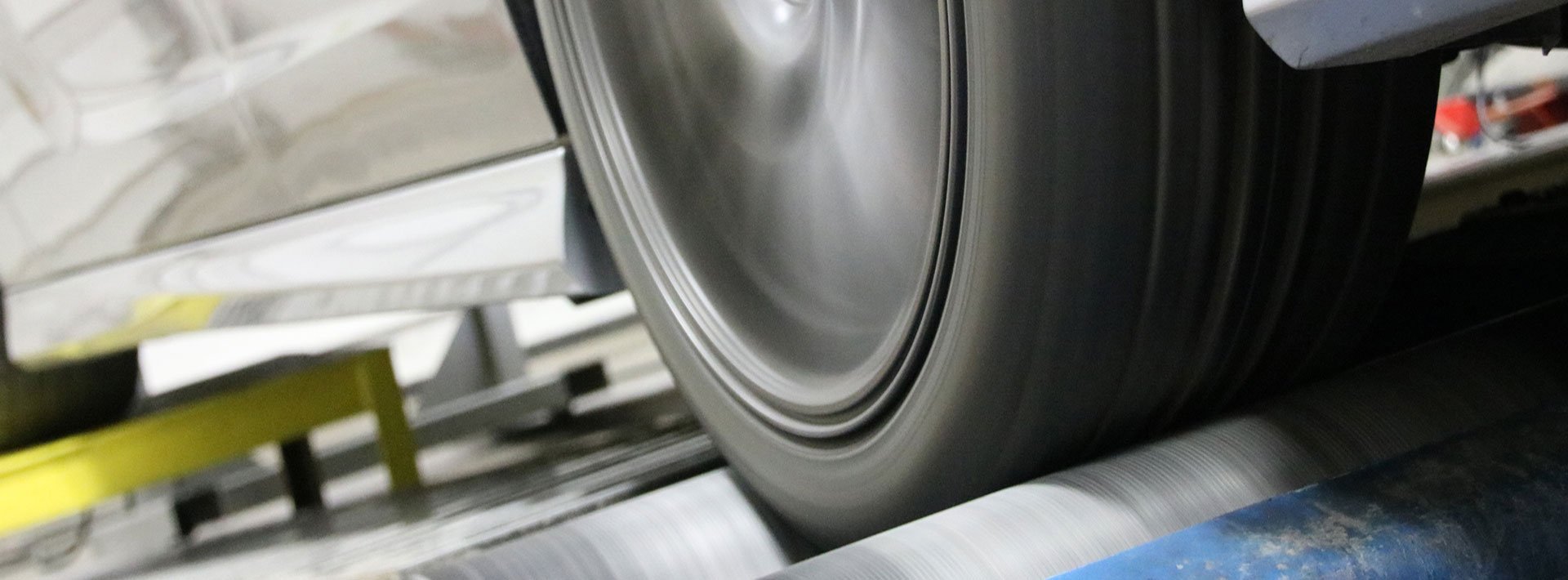DIN 75200 Plastic Wheel Cover Flammability Testing
The DIN 75200 standard specifies the requirements and methods for determining the flammability of plastic wheel covers used in automotive applications. This testing is critical to ensure that these components meet safety regulations and do not pose a fire hazard during use or accidental exposure.
Plastic wheel covers are an integral part of the vehicle's appearance, providing protection against road debris while enhancing aesthetic appeal. However, their flammability properties can significantly impact the overall safety of vehicles in case of accidents or external ignition sources. Compliance with DIN 75200 ensures that these components contribute to a safer driving environment.
The test involves exposing plastic wheel covers to an open flame under controlled conditions and observing various parameters such as burning behavior, flaming duration, and afterglow time. The purpose is to assess the ignition propensity and self-extinguishing characteristics of the material used in these components. This standard is particularly important for ensuring that wheel covers do not catch fire easily or continue to burn once ignited.
The testing procedure outlined in DIN 75200 requires a specialized apparatus designed to simulate real-world conditions where wheel covers might be exposed to fire hazards. The apparatus includes an ignition source, a combustion chamber, and sensors to measure key performance indicators. Specimens are prepared by cutting standard samples from the actual wheel cover materials used in production.
Once the specimens are ready, they are placed into the combustion chamber under specified conditions. The ignition is initiated, and the test parameters are closely monitored. Data collected includes the time taken for the specimen to ignite, the duration of flaming, and the afterglow period post-flame. These measurements help determine whether the material complies with the flammability limits set by DIN 75200.
The results from this testing are crucial for manufacturers as they provide insights into the fire safety performance of their products. Compliance ensures that wheel covers meet the strictest safety standards, thereby protecting vehicle occupants and reducing potential hazards on roads. By adhering to DIN 75200, companies can ensure their products contribute positively to road safety initiatives.
- Ignition source simulation
- Data collection for flaming duration
- Measurement of afterglow time
- Safety enhancement through compliance
Why It Matters
The importance of flammability testing in the automotive industry cannot be overstated. Compliance with DIN 75200 is essential for several reasons:
Firstly, it ensures that plastic wheel covers do not contribute to vehicle fires or escalate existing fire situations. This is particularly critical given the proximity of these components to tires and other combustible materials within the vehicle.
Secondly, compliance with this standard enhances brand reputation by demonstrating a commitment to safety and regulatory adherence. It also helps in meeting legal requirements set forth by various countries and international bodies.
Furthermore, testing according to DIN 75200 supports continuous improvement within the manufacturing process. By identifying potential issues early on, companies can refine their materials and processes to produce safer products.
The results of such tests also play a role in insurance claims and legal proceedings related to accidents involving vehicles with non-compliant parts. Ensuring compliance minimizes liabilities for manufacturers and provides peace of mind for consumers.
Benefits
The benefits of conducting DIN 75200 flammability testing extend beyond mere compliance; they offer substantial advantages to both manufacturers and end-users:
Safety Assurance: By ensuring that wheel covers do not catch fire easily or continue burning once ignited, this test significantly enhances road safety. This reduces the risk of accidents exacerbated by fire hazards.
Regulatory Compliance: Meeting DIN 75200 requirements helps manufacturers avoid penalties and fines associated with non-compliance. It also facilitates smoother international trade activities without the need to adapt to multiple local standards.
Risk Mitigation: Early identification of flammability issues through testing allows for corrective actions, reducing the likelihood of product recalls and associated costs.
Brand Reputation: Demonstrating a commitment to safety can enhance brand perception among consumers. It establishes trust and loyalty which are vital in competitive markets.
Process Improvement: Testing provides valuable feedback on materials and manufacturing processes, driving innovation and quality enhancement within the production cycle.
Environmental and Sustainability Contributions
- Reduction in waste from non-compliant products
- Promotion of sustainable material choices
- Incorporation of fire-resistant additives
- Enhanced durability leading to longer product lifecycle
By ensuring that plastic wheel covers meet DIN 75200 standards, manufacturers contribute positively to environmental sustainability. The use of flammability-tested materials helps in reducing waste generated from non-compliant products and promotes the adoption of sustainable practices within the industry.
This testing also encourages the incorporation of fire-resistant additives into the manufacturing process, which can lead to enhanced durability and longer product lifecycles. Such improvements translate into reduced resource consumption over time, contributing to a more sustainable approach to automotive component production.





